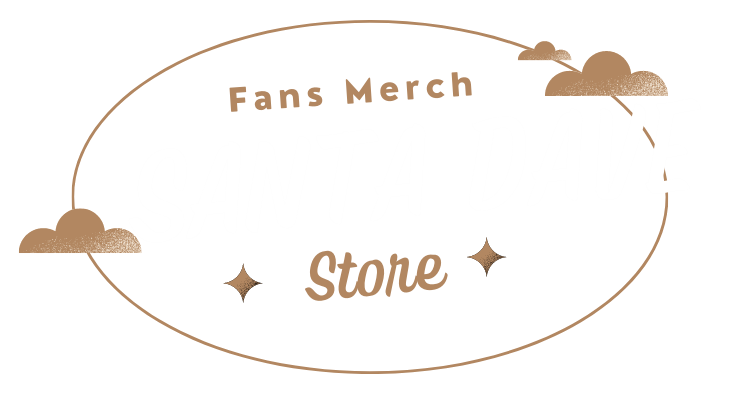System of a Down (SOAD), the iconic Armenian-American rock band formed in 1994, has garnered acclaim not only for their unique blend of metal, punk, and Armenian folk influences but also for their outspoken political and social commentary. From their early albums to their latest releases, the band has consistently used their platform to address critical issues ranging from political corruption to human rights abuses and cultural identity.
Early Years and Political Awakening
System of a Down’s debut self-titled album in 1998 introduced their signature sound and lyrical themes that would define their career. Tracks like “Suite-Pee” and “War?” showcased their penchant for blending aggressive music with confrontational lyrics. The band’s early political stance was unmistakable, with a focus on war, violence, and societal injustices. These themes resonated strongly with audiences seeking music that challenged the status quo.
Breakthrough and Mainstream Relevance
The year 2001 marked a turning point for System of a Down with the release of their second album, “Toxicity.” This album catapulted them into mainstream success while maintaining their commitment to provocative social commentary. Songs like “Prison Song” tackled issues such as the prison-industrial complex and drug policy, highlighting the band’s willingness to engage with complex political issues.
Heightened Activism and Advocacy
As System of a Down’s popularity grew, so did their activism. The band became increasingly vocal about the Armenian Genocide, drawing attention to the historical trauma faced by Armenians and advocating for recognition and justice. This commitment to their heritage was evident not only in their lyrics but also in their philanthropic efforts and public statements.
Musical and Lyrical Evolution
Over the years, System of a Down’s music evolved while their political commentary remained central to their identity. Albums like “Steal This Album!” and “Mezmerize/Hypnotize” continued to explore themes of government oppression, media manipulation, and global inequality. Tracks such as “B.Y.O.B. (Bring Your Own Bombs)” critiqued war profiteering and the hypocrisy of political leaders, resonating deeply in an era marked by international conflicts and geopolitical tensions.
Legacy and Continued Relevance
System of a Down’s influence extends beyond their music; it encompasses their role as cultural provocateurs and advocates for change. Their songs have become anthems for dissent and resistance, inspiring listeners to question authority and engage critically with societal issues. The band’s impact on alternative metal and political discourse remains significant, with their music continuing to attract new generations of fans who appreciate their fearless approach to addressing uncomfortable truths.
System of a Down Store: Merchandise and Community Engagement
The System of a Down store plays a crucial role in connecting fans with the band’s ethos and music. Beyond offering merchandise like t-shirts, posters, and albums, the store serves as a hub for community engagement and activism. Proceeds from certain merchandise sales often support causes aligned with the band’s values, such as human rights advocacy and Armenian cultural preservation.
Fans can find a range of products that celebrate System of a Down’s legacy and message, from clothing featuring iconic album art to items that promote awareness of social justice issues. The store’s online presence ensures that fans worldwide can access exclusive merchandise and stay updated on the band’s activities and charitable initiatives.
In conclusion, System of a Down has carved out a unique niche in the music industry by intertwining their heavy sound with uncompromising social and political commentary. Their evolution from underground provocateurs to global icons underscores their enduring relevance in an ever-changing world. Through their music and activism, System of a Down continues to inspire audiences to confront injustice and advocate for positive change. The System of a Down store not only serves as a commercial outlet but also as a testament to the band’s commitment to using their platform for meaningful social impact.

